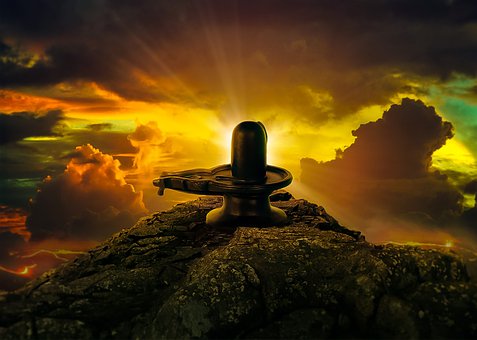Reflections on the sidelines of the latest edition of the Venice Film Festival
The first film festival in the world stubbornly maintains its old name, ie “International Film Festival”. In Italy alone there are over 70 film festivals a year, and the idea behind it is often that it is one event, a party, a moment of leisure and detachment from everyday life. In fact, an event like Venice it is quite one Harvest, that is a fair, a moment in which to immerse oneself in everyday life, observing contemporary artistic trends, that is what authors and authors have to say about today. So it is good that we say “Exhibition” and not festival, and that the frame is the broad one of the Venice Biennale (founded in 1895), which also includes other arts.
The 79th Exhibition which ended on 10 September was also the 90th anniversary edition. Founded in 1932 by the hierarch Giuseppe Volpi (made count for having repressed the rebels in Tripolitania), it was born in ambiguity. On the one hand it was a propaganda operation by the regime, on the other it was, in fact, a place of coexistence of works in contrast with each other: René Clair, Leni Riefenstahl, Ernst Lubitsch, Aleksandr Dovženko and Mario Camerini brought their films there . Those works were the mirror of time and the conflict between the worldviews expressed therein predicted the Second World War, which would break out seven years later.
Here, with this awareness, we participate in the Venice Film Festival which, with Cannes and Berlin, is one of the most effective mirrors of reality available.
What did this year’s mirror show? In the first place, many films emanated a certain claustrophobia, an evident tendency among the works displayed by the «Interfilm» Jury, of which I was a part, starting with the award-winning film, The Whale by Darren Aronofsky, which speaks of a man “confined to the body, home and life” (from the motivation for the award). Not to mention viruses, masks and conspiracy theories (even if White noise by Noah Baumbach does so with a film set in Reagan America), cinema captures an important aspect of these two years of pandemic. To stay in the Covid area, I point out The Son by Florian Zeller, on the taboo of adolescent mental distress.
Secondly, the figure of the producer seems to have disappeared. Of course, if there are films, there are those who finance them, but a book “alla Recalcati” could be written about the absence of the “producer as a father”. In fact, the authors do not seem to have limits, if not economic. Fixed the money problem, they can make the films they want, often too long and not very mature. I would not want to trivialize the issue of financing a film, but focus on the fact that the works improve thanks to the conflict, a bit like in a healthy parent-child relationship, where, in order for the child to be able to express himself at his best, the parent plays a crucial role of encouragement and contrast.
This trend, in which the director is unable to best package his film, is visible above all in Netflix productions, but not only. Presented as the definitive emancipation of the director as the final and total author of the work, it is instead a degradation of films to an exclusively commercial product. In other words, production companies need titles to be put in the catalog, preferably accompanied by prestigious names. So it is not important if the film is good, if a mediocre film can become a masterpiece with the necessary precautions: the important thing is the quantity of titles that are offered to customers. Who can fix this before movies (especially streaming) permanently turn into Hamburger from fast food?
Last note: at the Mostra there was a certain divergence between the votes given to films by Italian and foreign critics. Roughly speaking, Italians rarely reject an Italian film, while they often brand Anglo-Saxon films as “Hollywood American”; on the other hand, foreigners often struggle to understand Italian films (ie, Italian films cannot speak to a foreign audience). When an Italian is liked abroad (think of Luca Guadagnino), some Italian critics ridicule his success. The nationalist subdivision of criticism is problematic and, perhaps, hides other mechanisms: Gianni Amelio’s outburst against a critic who rejected Hammamet at the time of him caused a sensation probably because it was done in public; he who knows what happens in private, between authors, distribution and the press, in a country where parties and powerful enter the productive sectors promiscuously.
To this is perhaps added a further problem that concerns us directly: the difficulty of many Italian critics in analyzing and receiving spiritual and theological elements in films. As an Interfilm Jury, we were amazed that the films that struck us most from the theological point of view were branded as banal, superficial and flat. Perhaps this is why those who believe that a spiritual gaze and a secular gaze can coexist must continue to see films and tell what they have learned from them.

